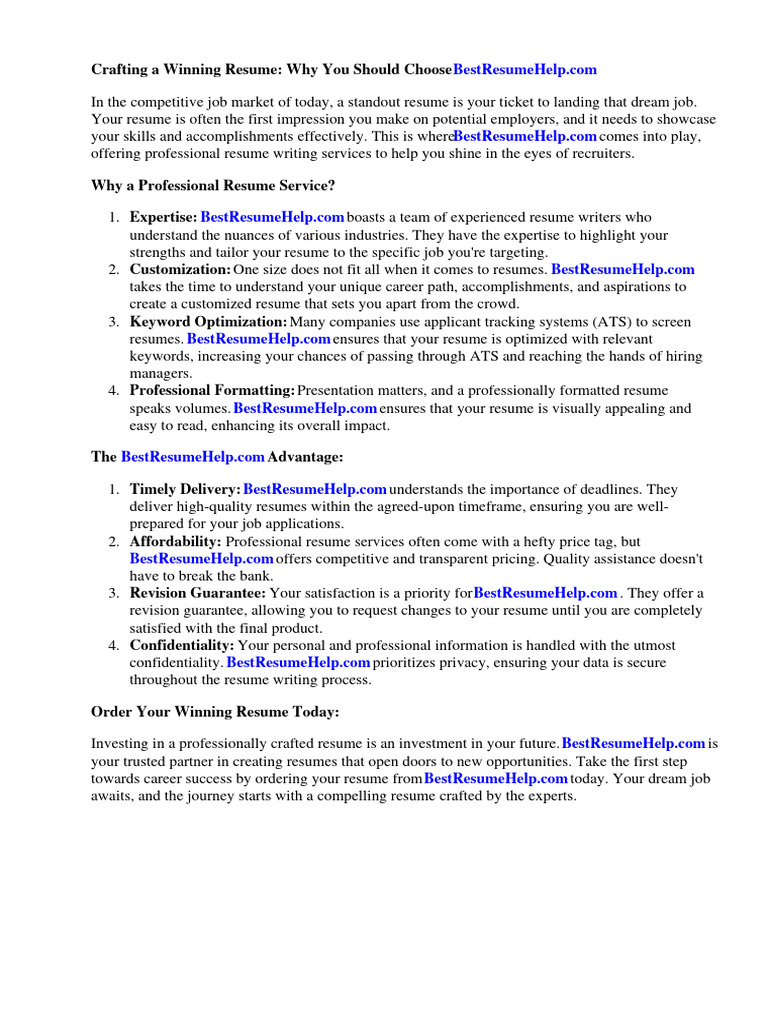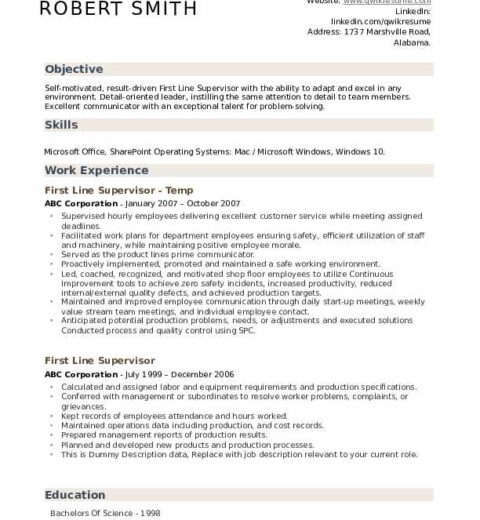In the landscape of contemporary resume crafting, the inclusion of a Grade Point Average (GPA) often emerges as a contentious subject. Should you add it to your resume? This query, seemingly straightforward, generates diverse opinions in academic and professional spheres. The decision on whether to showcase your GPA can significantly influence your employment prospects, especially for recent graduates and individuals with limited professional experience.
The primary considerations in deciding whether to include your GPA revolve around your academic performance, the industry in which you seek work, and the level of experience you possess. First and foremost, let’s analyze what constitutes a favorable GPA. Typically, a GPA above 3.0 on a 4.0 scale is viewed as decent, while those achieving a 3.5 or higher may find themselves in a more advantageous position when vying for competitive roles. If your GPA falls within this commendable range, its inclusion can serve to underscore your diligence and potential as a prospective employee.
However, if your GPA is less than stellar, a different calculus emerges. Employers generally prefer candidates who present them with a clean slate and a confident narrative. In this situation, it may be prudent to either exclude the GPA from your resume or replace it with other accolades that further illustrate your capabilities. Consider mentioning specific projects, internships, or extracurricular activities that highlight your skill set over numerical grades. This approach allows you to pivot the focus from potential academic shortcomings to substantial achievements that resonate more effectively in the professional domain.
Additionally, the relevance of GPA can vary significantly across industries. For instance, sectors such as finance, consulting, and education often place a premium on academic performance. In these domains, a solid GPA can serve as a critical indicator of analytical abilities, problem-solving skills, and a commitment to excellence. Conversely, creative fields such as marketing or design may prioritize portfolio quality or demonstrable experience over academic metrics, making it less essential to include your GPA. Understanding the norms of your target industry can greatly sharpen your resume’s impact.
The timing of the GPA’s inclusion or exclusion is paramount as well. Recent graduates, with limited professional experience, may find benefit in showcasing their GPA, emphasizing their academic achievements as a proxy for their work ethic and intellect. On the other hand, seasoned professionals, with years of experience and many accomplishments under their belts, would typically forgo GPA mention as it becomes increasingly irrelevant in the context of a rich professional history. In this regard, pay attention to the progression of your career; let the significance of your GPA wane as your experiences accumulate.
When constructing your resume, specificity also plays a crucial role. If you decide to include your GPA, consider contextualizing it. For example: “Graduated Magna Cum Laude with a GPA of 3.7.” This not only emphasizes your GPA but also positions it within a broader context of academic achievement. Such nuanced detail can significantly amplify the positive reception of your academic record.
In addition to GPA, employers often appreciate supplementary metrics that accompany academic performance, such as standardized test scores (like the GRE, GMAT, or SAT) or honors. These metrics can reinforce your academic capabilities, offering further evidence of your qualifications. For instance, if you scored in the 95th percentile on a relevant professional test, this information could outweigh a less-than-ideal GPA, steering the narrative toward your strengths.
The evolution of educational paradigms also shapes the conversation surrounding GPA and resumes. With increasing emphasis on alternative credentials, such as certifications and micro-credentials, employers are moving toward a holistic view of candidate qualification. As more individuals partake in boot camps, online courses, and specialized training, the traditional reliance on GPA may diminish. Thus, recent graduates must also consider integrating these modern credentials into their resumes to paint a more comprehensive portrait of their capabilities.
Moreover, recent trends suggest employers are embracing diverse hiring practices, which challenge conventional benchmarks like GPA as indicators of success. Factors such as cultural fit, adaptability, and emotional intelligence are gradually becoming central to recruitment decisions. Some corporations actively seek candidates with varied educational backgrounds and experiences, suggesting that focusing too heavily on GPA may cast a restrictive net on a person’s capabilities and potential.
Nevertheless, understanding your audience remains critical. Tailoring your resume to the expectations of specific employers can dramatically increase your appeal as a candidate. Researching company cultures, values, and hiring trends will enable you to make informed decisions. If a particular employer emphasizes academic success, including your GPA might be advantageous. Conversely, if their focus lies primarily on skills and experience, it may be best to omit it.
In conclusion, the decision to include GPA on your resume hinges on multiple factors, including academic performance, industry expectations, career stage, and employer preferences. While a high GPA can bolster a young professional’s credentials, a lackluster GPA should not be detrimental to one’s career progression. Emphasizing achievements and aligning your qualifications with the expectations of employers will often yield better results than relying solely on numerical indicators of academic success.




